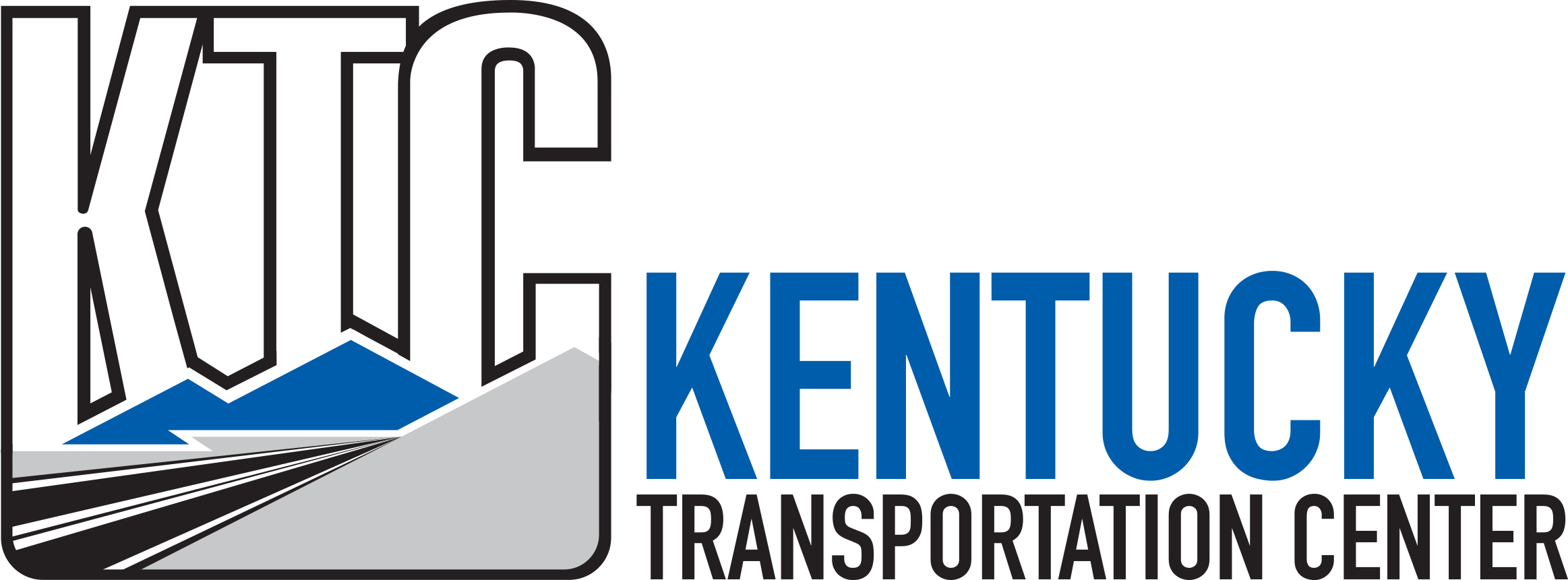Abstract
Until the late 1930's, the accepted practice for the construction of drainage installation included the use of a large, approximately No. 2 size, aggregate as porous backfill. However, a lage number of drains ceased to function as result of clogging or "silting"*, and many highway departments practically eliminated sub-surface and intercepting drainage.
The following report summarizes some of the more important studies that have dealt with "filter" (backfill material) to be used in drainage construction. The scope of it is limited, dealing primarily with the questions of proper gradation.
At present Kentucky Specifications (1) require that the gradations of the aggregate for backfill over pipe underdrains be as "specified for Class 'A' concrete", (page 462), that is No. 6 size coarse aggregate (No. 8 to 1-1/2"). For stone underdrains, it is required (page 408) that a No. 2 coarse aggregate be used (1-1/2" to 3").
Report Date
7-1946
Report Number
No. 29
Digital Object Identifier
http://dx.doi.org/10.13023/KTC.RR.1946.29
Repository Citation
Baker, Robert F., "Porous Backfill" (1946). Kentucky Transportation Center Research Report. 1349.
https://uknowledge.uky.edu/ktc_researchreports/1349



Notes
This report is prefaced by two supplementary memoranda by L. E. Gregg (March 21, 1947 and July 29, 1946).